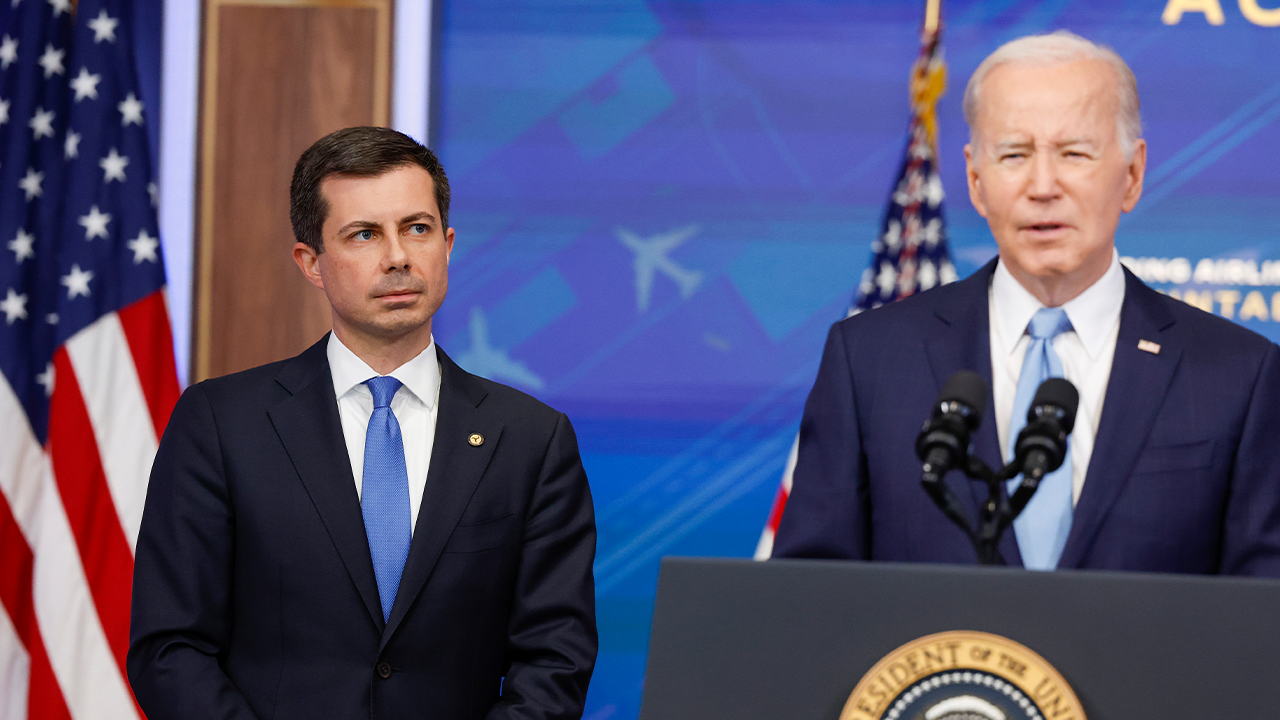evenflow1969
Gold Member
Lol, another slobbering idiot right-wing fools spouting mire fucking drivel. The two government agencies that stick the biggest microscope up your ass are the coast guard and the FAA. The coast guard is the regulati g body for my captains license and the FAA is the regulating body for my pilot license. FAA is way, way, way worse. My inspection and maintenance book for my plane is 8 inches thick just for the past 12 months. You are a fucking idiot. Your dumb fucking ass will believe any damn thing. Go eat a dick. You gave obviously never had any dealings with either to believe that fucking horseshit.Apparently the demand for these specific employees stems from the FAA’s "Diversity and Inclusion" hiring plan, which is overseen by Secretary Pete Buttigieg's Department of Transportation.
Potential staff with severe psychiatric disability were one of the primary demographs targeted for employment with the FAA under Buttigieg.
Anyway...

FAA’s diversity push includes focus on hiring people with ‘severe intellectual’ and ‘psychiatric’ disabilities
Fox News Digital has learned the Federal Aviation Administration is pushing a hiring initiative that emphasizes employing people with "missing extremities" and other disabilities.www.foxnews.com









